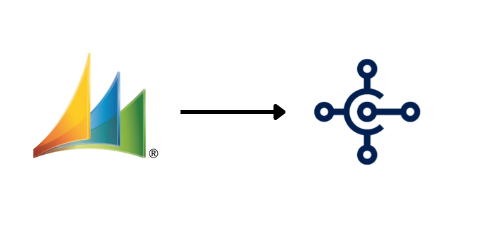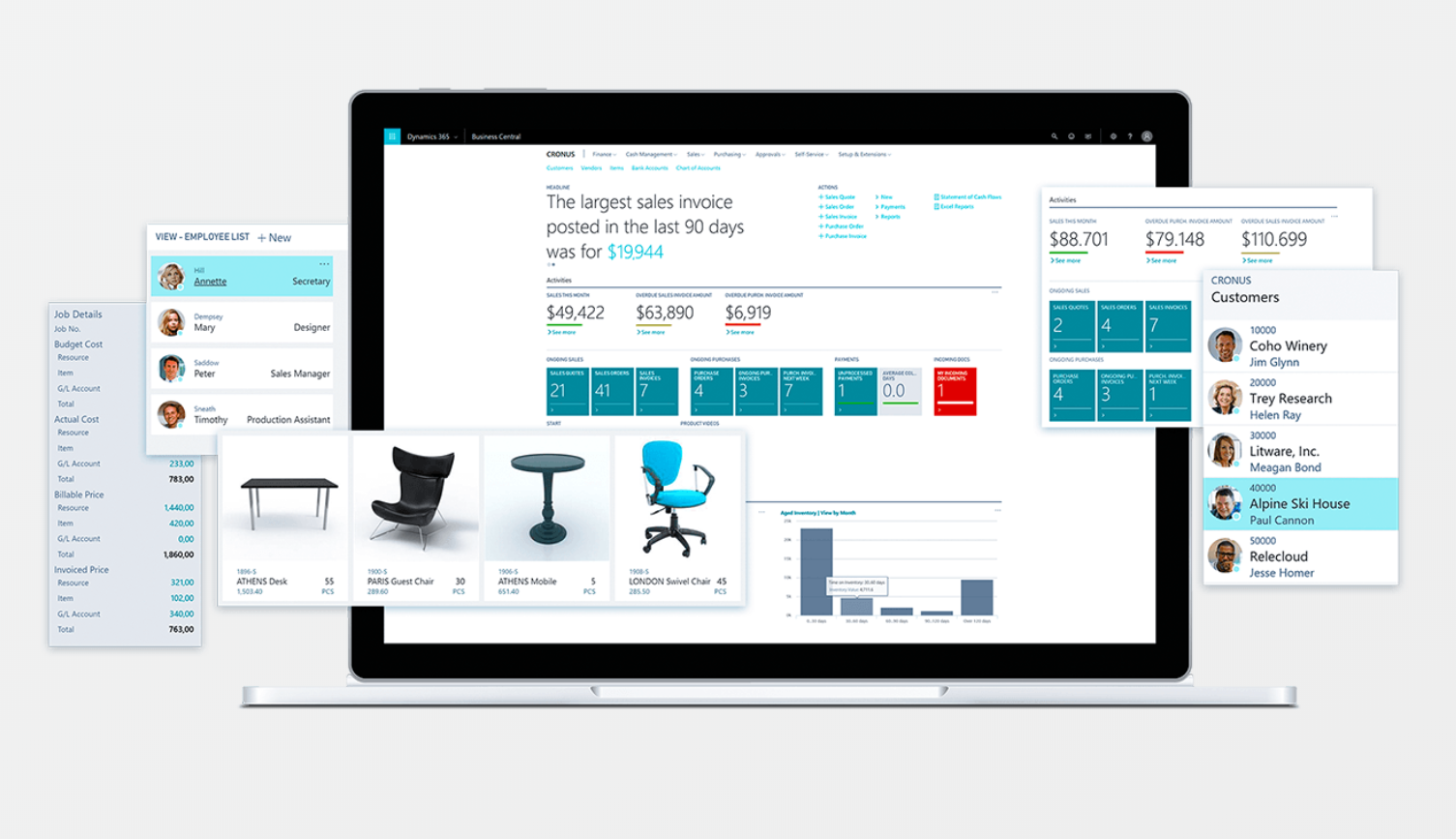On 14 September 2023, AFON IT hosted a webinar exclusive to our Microsoft Dynamics NAV customers.
Presented by our Content & Digital Marketing Manager, Ms. Alythea Ho as well as our General Manager for Microsoft, Mr. Lai Kar Chyuan, the webinar covered the end of the Mainstream Support phase for all versions of Dynamics NAV earlier this year, and it means for our customers.
We also covered some of the benefits and advantages our NAV customers stand to gain from transitioning to Microsoft Dynamics 365 Business Central, the cloud-based successor to the venerable on-premise ERP software.
Here are some of the highlights of our webinar.
End Of Lifecycle Support For Dynamics NAV: What Does It Mean For Customers?
Overview Of Microsoft Lifecycle Support For Microsoft Dynamics NAV
The first half of the webinar covered Microsoft’s lifecycle support policy for its on-premise solutions, including Dynamics NAV. During the first Mainstream Support phase, Microsoft will provide regular security patches and non-security hotfixes to resolve bugs and enhance the functionality of a product.
On top of that, customers of the product may request that Microsoft release non-security updates such as design changes, and new features for future updates. This phase lasts for a minimum of five years, starting from the date when the product was first introduced.
After Mainstream Support has ended, a Microsoft product goes into its Extended Support phase. While Microsoft will continue to provide critical security updates to address new vulnerabilities for another five years, it will no longer provide non-security updates, nor any regulatory or localisation fixes for the product in question.
%20(1).png?width=1000&height=558&name=MS%20Lifecycle%20support%20end%20date_NAV%20(1)%20(1).png) Summary of support end dates for Microsoft Dynamics NAV
Summary of support end dates for Microsoft Dynamics NAV
As can be seen from the table above, Dynamics NAV 2018 – the latest version – has reached the end of its Mainstream Support phase on 10 January 2023. This is why AFON IT recommends that current users of Dynamics NAV make the move to Business Central.
The Case For Moving To Business Central
In the webinar, we also covered some of the reasons why current users of Dynamics NAV should seriously consider making the transition to Microsoft Dynamics 365 Business Central.
%20(1).png?width=1000&height=515&name=Evolution%20of%20NAV%20to%20BC_AFON%20(1)%20(1).png) Evolution of Microsoft Dynamics NAV
Evolution of Microsoft Dynamics NAV
On top of the fact that it’s the next step in evolution from the on-premise Dynamics NAV, Business Central being a cloud-based ERP software also means that it’s not shackled by Microsoft’s Lifecycle Support policy for its on-premise software products.
Instead, because Business Central receives regular, twice-yearly product updates from Microsoft, its customers will always have the latest version of the cloud-based ERP software. This means customers will never need to replace Business Central, as Microsoft will continue to support it on a perpetual basis.
%20(1).png?width=1000&height=561&name=Extensibility%20And%20Collaboration_AFON%20(1)%20(1).png) Ease of integration with Microsoft Business Central
Ease of integration with Microsoft Business Central
In addition, Business Central is designed for ease of integration with a wide range of Microsoft products, from Office 365 apps such as Outlook, Teams and Excel, to Microsoft Power apps such as Power BI as well as Microsoft Azure.
It can even be easily customised to provide industry-specific functionalities with the installation of third-party apps, such as an Expense Management App as well as Tasklet Factory’s Mobile WMS app.
%20(1).png?width=1000&height=552&name=Bridge%20To%20The%20Cloud%20Promo%202_AFON%20(1)%20(1).png) Microsoft's Bridge to the Cloud Promotion
Microsoft's Bridge to the Cloud Promotion
To persuade NAV customers like yourself to make the transition to Business Central, Microsoft is currently running the second iteration of its Bridge to the Cloud promotion.
If you’re an existing Dynamics NAV or Business Central On-premise customer, you’ll be eligible for a 40% discount on a fixed 3-year Business Central subscription for Essentials, Premium, and Team Member licenses. However. this promotion will end on 31 December 2024.
Questions & Answers
At the end of the webinar, we took several questions from our attending participants. Here are some of them, along with our answers.
1. Is my business still eligible for the promotion if we’re already using Dynamics NAV on the cloud?
A: It does not matter if your instance of Dynamics NAV is hosted on the cloud, you’ll still qualify for the promotion.
2. How long will it take to upgrade from NAV on-premise to Business Central on the cloud?
A: It depends on the volume of transactions, as well as the number of companies, that you’re currently managing in your instance of NAV.
3. What if I have more than one subsidiary under my current instance of NAV?
A: If your subsidiaries are all under the same NAV tenant, you’ll only need one Business Central license to access the data of all your subsidiaries as well.
The Time To Switch From NAV To Business Central Is Now
With Microsoft sunsetting Dynamics NAV with the end of Mainstream Support for all versions, there is no better time to upgrade your business to a modern cloud-based solution.
And if you’d like to retain the user experience of NAV for your end users while enjoying the benefits of cloud at the same time, Microsoft Dynamics 365 Business Central is the obvious choice.
As an award-winning Microsoft Dynamics partner in Singapore for more than a decade, as well as a PSG pre-approved vendor for Business Central, we at AFON IT Pte Ltd are well-positioned to help you make the transition from NAV to Business Central, should you wish to take that step.
If you'd like to find out more about how we can help you, get in touch with us here or give us a call at +65 6323 0901, and our consultants will get back to you soon.
Otherwise, if you’d like to know more about how Business Central can do for your business, click on the image below to download our free copy of the factsheet for Microsoft’s cloud ERP software for SMEs like yours.




